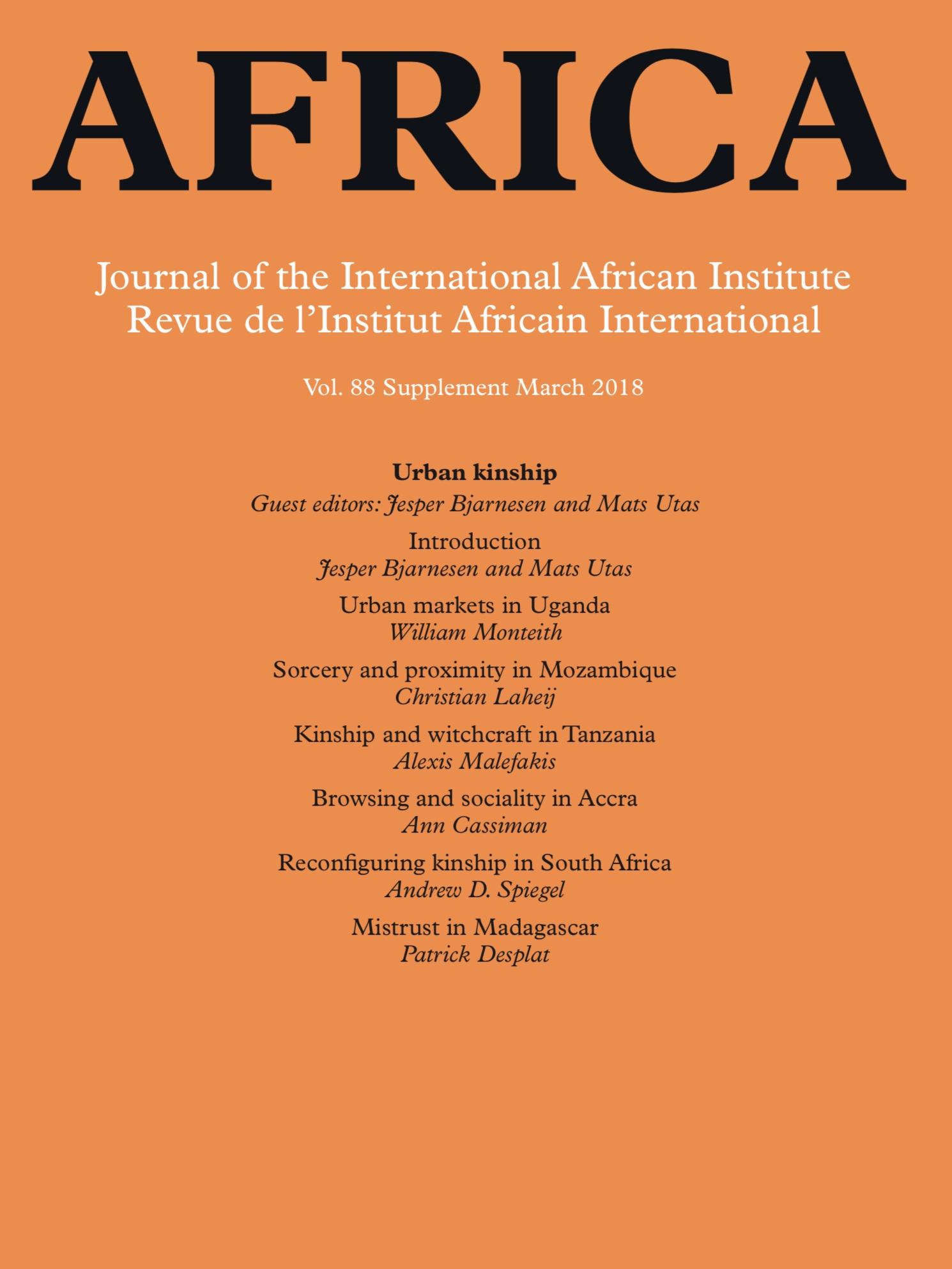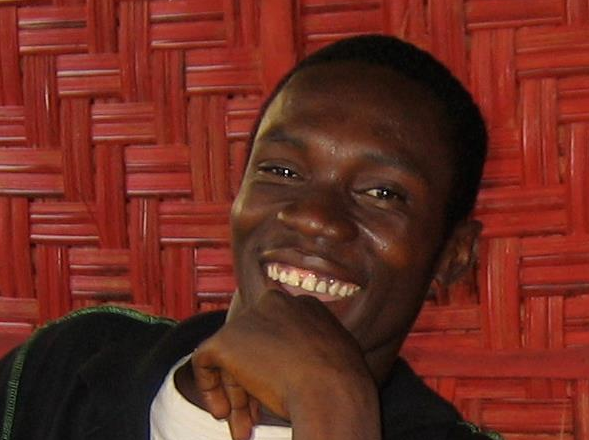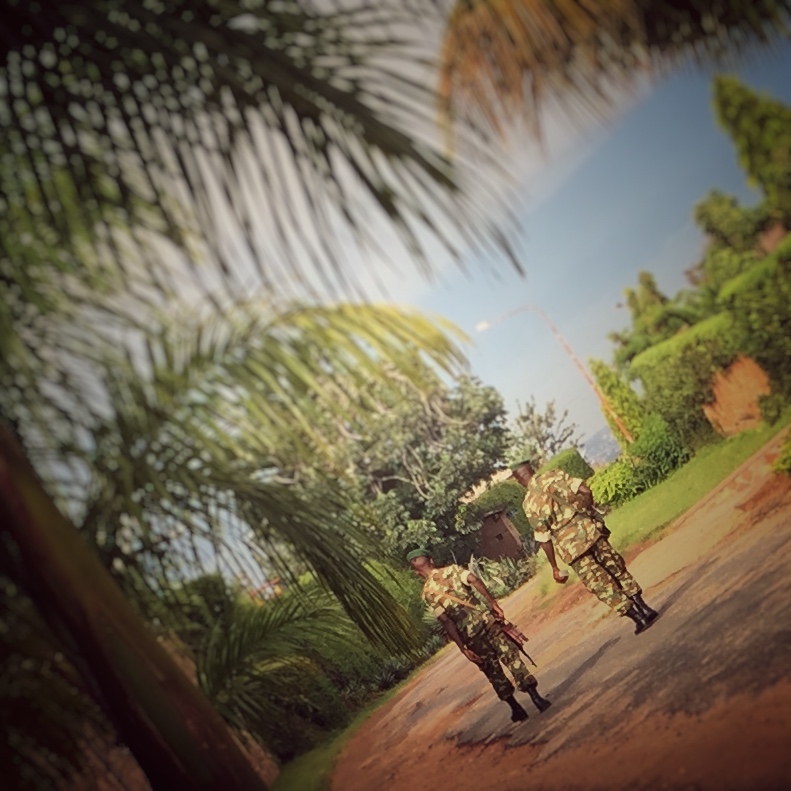
Kushe-o (hello) – entering Eastern parts of Freetown in the late afternoon
New roads and through fares, broadened streets, less traffic congestion, paved streets, a toll road making the exit out of the city much easier.
Thousands and again thousands of new houses being constructed, literary littering the hills around Freetown, and strewn out around stretches of road where their used to be forest and scrub.
The sound of generators, that once was a fundamental rhythm of the street, has silenced. During one of the few blackouts we drove through dark streets and I asked a longtime friend of why there were no lights in the windows. He simply stated that people had gotten used to the presence of electricity so they no longer maintain their generators. They tossed away their embarrassing Kabbah Tigers – a 100 USD generator named after the president at the time. Darkness still overcomes Freetown once in a while, but most nights when I am here the city is dressed in light.
It has been ten years since I last visited Sierra Leone
The first morning after my arrival it is cleaning Saturday. People clean their backyards but also public areas. Cars are not allowed to ply the streets up until noon. Smoke and the smell of burnt plastic dominate airspace. I enjoy the sounds of Wilberforce village an older part of the city that has received a good brush-up and now appear rather middle-class. A radio is playing E get Cro Cro a tune by Sierra Leonean musicians Manzu avec C-Bolt popular in 2004-05. Cro-cro in Krio (as well as in Nigerian pigeon) means rashes and although the song is mainly a cautionary tale over deceases a prostitute has, cro-cro was back in my days most often mentioned in relation to how filthy the city was. Cro-Cro, just as cholera, typhoid fever and the likes, is an outcome of a filthy city. Yet with a variety of cleaning efforts Freetown is much cleaner today. By stating that I am not saying that all is good. But, just as with the availability of power and the paving of streets, it has improved greatly over the past ten years.

A combination of harmattan dust and smoke from garbage fires after the cleaning Saturday
Between 2004 and 2006 I did a two year long fieldwork centering a street corner in downtown Freetown. It was a quite messy area both socially and infra-structurally. Many of the guys I worked with were former combatants struggling to make do in the post-war realm. The more legal part of the income they made came from washing cars. The street corner was unpaved and in the dry season within minutes red dust covered newly washed cars. In the rainy season roads turned to muddy stretches and gutters were overflowing. Today the street corner is paved. Many of the guys from my fieldwork still hang-out on the corner, but to a much lesser extent. They are no longer dependent on the infrequent and ill-paying carwash business, but have jobs elsewhere in the city. They no longer live rough in the streets. Thus looking in the back mirror they were not as stuck as they themselves felt at the time. Life to most is still not easy, wealth is not available in abundance, but it is important to point out that they have maneuvered out of the hazy social death they at the time believed they would remain in.
Back in 2004-06 our discussions were dominated by topics centering the civil war, but also an equally violent aftermath. We talked about death, about drugs, about crime and about bare survival. Today we talk about children and we talk about relations. I want to repeat that life is still not easy for a majority of these guys. And quite a few are no longer with us having at a far too early age passed away – most recently Ebola took its toll. Yet still there has been progress. And in their faces it is hard to see that ten years has past. Their facial expressions signals newfound dignity and quite a bit of health. Rounder faces, clearer eyes. They made it this far.

Proud father and son
Freetown is far from problem-less. The growth of the city is creating new emergencies. The shaving of the lush green hills surrounding Freetown is not just making the city look less attractive, but it destroys delicate eco-systems, creating ample space for catastrophes like a mudslide in August 2017, killing around 400 persons. Freetown has grown from a city of 130.000 in 1963 to over a million today. Despite good efforts has been placed on widening the road networks it is hardly enough. There is abundant need for a public bus system, and if being more ambitious a tram line. More serious the water and sewage systems are severely under-dimensioned and the lack of water might well turn into a serious emergency in a not so distant future. As I stated above electricity is much more reliant today, but how sustainable it is can be questioned. There is currently a big ship producing much of the power for the city on roadstead outside the city. It is reliant on oil – not very sustainable – but more seriously, on the short term, it could sail off with the blink of an eye if the government fails to pay for it. Close by where the ship is anchored, there is the slum of Kroo bay where people continue to live in pan-bodies, shacks, and where many people balance on the edge between life and death on a daily basis. When I was in Freetown a fire ravaged the community and it is alleged that several hundred houses were burnt down.

Kroo bay with the electricity providing ship in the background
Socio-economically Freetown is still crumbling under a corrupt bureaucracy and with an insufficient taxation system that does not render a sustainable national economy. Little is indicating that improvements on this front are enough. The new president’s paopa (force in Krio) ways may make some more apprehensive, but it is difficult to believe that people within the vicinity of the president will not maintain impunity. I hope I will be proved wrong. There is however also a risk that paopa and the new ideal of a soldier team (written on mini-busses and an expressed idiom by local gangs) will once again turn the Sierra Leone to a more authoritarian country – and again let’s hope I am wrong.
I keep returning to roads. I believe in order to improve the Sierra Leonean economy it is pivotal that road transport from the countryside is good. If roads are in a bad state agricultural products ends being spoilt during transport thus driving up prices. But also the transportation itself will be expensive as bad roads demands high maintenance and repair costs on vehicles. With regards to infrastructural problems East-Central Freetown is still a bottleneck, but once leaving this behind the eastern part of the city has now a road of free flow all the way to Waterloo. Although some Freetonians are worried by the fact that the Chinese are making profit because of a road toll, even the toll gates are seen as a proof of progress by most. And one driver told me that except for the toll gates, there are virtually no police checkpoints taking your money:
you can go all the way upline with only a 2000 Leones (20 cent) bribe

The Chinese tool gate
That’s development. Still local rice sold in Freetown is more expensive than the imported one. That’s sad.
Sierra Leone is one of the poorest countries in the world. Many people can hardly afford to put food on their table. Most do not have the resources to plan ahead. However that said Freetown is still a city of smiles and amicable social wealth. Much more smiling than my home country Sweden. That’s a conundrum. It is a country of “shuffering and shmiling” to quote great Nigerian singer Fela Kuti.

Freetown hub of innovation?
Postlude
First time I visited the country was in 1992. The next time was during the war in 1998. I lived in Sierra Leone for two years between 2004 and 2006. Between 2006 and 2009 I on average visited the country twice a year. After a ten years long break I returned during the spring of 2019. The worst condition I have seen Sierra Leone in was actually in 1992 weeks prior to the military coup that brought Valentine Strasser and NPRC to power. It was at the very beginning of a civil war that took off because of a direly mismanaged state. Although the war caused devastating destruction and human suffering, international attention drew more resources to the country and already a year after wars end conditions in the capital Freetown, but also in much of the “upline” provinces, was arguably better than before. The Ebola epidemic (2014-2015) was the next set-back, but it appears that at least Freetown has recovered well. Indeed lots of people passed away and it devastated families, but although I have no date to prove it I wonder if the resources which the international community provided is now in parts spent in the ongoing construction boom?



 It is our pleasure and privilege to introduce a special issue of
It is our pleasure and privilege to introduce a special issue of  It’s raining in Freetown and the traffic is, as usual, slow on the road through Congo Town towards Kroo Town Road. The radio announcer is going through the obituaries in a solemn, deliberate monotone, the names different, the pattern the same: Mr John Koroma of Kissy Town passed away on said date leaving said relatives in said location… repeat… repeat… repeat. Variations on the theme. After a few minutes of death reports the obituaries are rounded off with a few snatches of Abide With Me, by which time we have actually reached Kroo Town Road. We swing right on the now tarmacked road that runs parallel to Adelaide Street and pass what, ten years ago, was the Pentagon car wash, a hangout for ex-combatants and others struggling to make a living in a world of ‘no war no peace’ under conditions that one of them described as ‘exorbitant poverty’.
It’s raining in Freetown and the traffic is, as usual, slow on the road through Congo Town towards Kroo Town Road. The radio announcer is going through the obituaries in a solemn, deliberate monotone, the names different, the pattern the same: Mr John Koroma of Kissy Town passed away on said date leaving said relatives in said location… repeat… repeat… repeat. Variations on the theme. After a few minutes of death reports the obituaries are rounded off with a few snatches of Abide With Me, by which time we have actually reached Kroo Town Road. We swing right on the now tarmacked road that runs parallel to Adelaide Street and pass what, ten years ago, was the Pentagon car wash, a hangout for ex-combatants and others struggling to make a living in a world of ‘no war no peace’ under conditions that one of them described as ‘exorbitant poverty’.